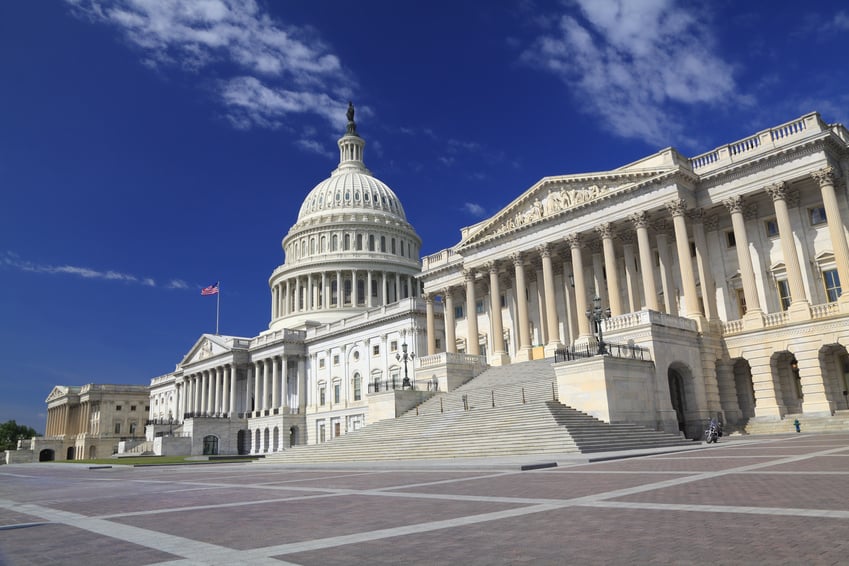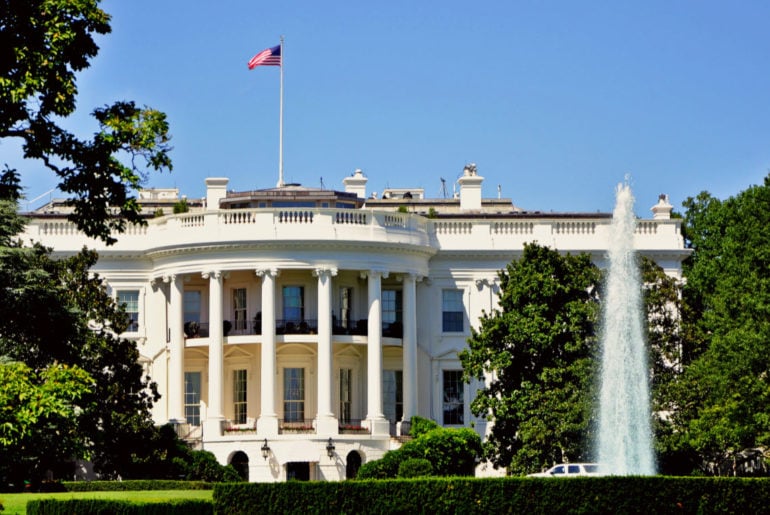On November 1, 2021, the US Department of State’s Directorate of Defense Trade Controls issued a final rule amending entries for Ethiopia and Eritrea in the International Traffic in Arms Regulations. These changes supplement the sanctions imposed on both countries under Executive Order 14046, “Imposing Sanctions on Certain Persons With Respect to the Humanitarian and Human Rights Crisis in Ethiopia,” which was signed by President Biden in September 2021.
On October 20, the House of Representatives passed five bills with overwhelming bipartisan support that aim to promote supply chain and network security. This post will focus on two bills directed towards the Federal Communications Commission. While these legislative measures are directed towards a U.S. government entity, and thus may not (on their face) appear applicable to corporate supply chains, if enacted, these bills could result in changes to laws, regulations, and policies down the line that impact compliance measures for companies.
The growth of digital engagement practices has raised regulatory issues for broker-dealers and investment advisers. In this preview of an article from an upcoming issue of The Review of Securities & Commodities Regulation, Amy Greer and Gavin Meyers discuss a variety of such issues, including account opening due diligence and best execution. They suggest that, as a starting place, to prepare for regulatory examinations firms should review current practices and address those concerns raised by the SEC and FINRA in their recent statements, guidance, and regulatory responses.
On October 20, the House of Representatives passed five bills with overwhelming bipartisan support that aim to promote supply chain and network security. This post will focus on one bill directed to the Department of Homeland Security (“DHS”), and two bills directed to the Department of Commerce (“DOC”). While these legislative measures are directed towards U.S. government entities, and thus may not (on their face) appear applicable to corporate supply chains, if enacted, these bills could result in changes to laws, regulations, and policies down the line that impact compliance measures for companies.
This week’s discussion will cover the following:
• Tether Holdings CFTC Crypto Settlement: Reminder that the CFTC is asserting a prominent role in the regulation and enforcement of cryptocurrencies.
• SEC Report on January 2021 Market Frenzy: “Staff Report on Equity and Options Market Structure Conditions in Early 2021”
• Will DOJ Prosecute Steve Bannon for Contempt?
Key developments reflected in this week’s update to the tracker include the following: Colorado, Connecticut, Indiana, Iowa, Louisiana, New Mexico, Rhode Island, Tennessee and Washington, DC extend their state-wide orders and reopening plans. New Mexico issued a new mask mandate requiring all persons aged two or older to wear a mask indoors, except when eating or drinking.
On September 17, 2021, President Biden signed Executive Order 14046, “Imposing Sanctions on Certain Persons With Respect to the Humanitarian and Human Rights Crisis in Ethiopia” aimed at addressing the widespread humanitarian conflict in northern Ethiopia. Both the White House and Secretary of State Antony J. Blinken also released statements calling for ceasefire negotiations to begin to find a political solution to the ongoing conflict in the region and a sanctions scheme to target individuals and groups responsible for violence, unrest, human rights abuses and the obstruction of humanitarian efforts.
This weekly briefing is available on demand and will cover hot topics and current enforcement actions related to white collar crime and criminal investigations in the US and abroad to arm you with the information you need to start your business week. 18 October – This week’s discussion will cover the following: 1) January 6 Commission and possible prosecution of Steve Bannon for contempt; and 2)SEC Enforcement Director Grewal’s speech on appropriate approaches to compliance, proactive enforcement, electronic message retention/production, cooperation, and civil penalties.
In recent months, following the Biden Executive Order that set antitrust law enforcement priorities for the Federal Trade Commission (FTC) and the Department of Justice (DOJ) (among other federal agencies), the FTC has made a number of changes to its long-standing merger review policies and processes. In announcing those changes, the FTC has cited the “surge in merger filings” and the need to ensure that merger reviews are more “comprehensive and analytically rigorous.” We highlight below the most significant of these recent changes announced by the FTC and expect the DOJ’s Antitrust Division to adopt similar (if not identical) stances on these and related enforcement issues.
On 21 September 2021, the US Treasury Department’s Office of Foreign Assets Control issued an updated ransomware advisory highlighting the sanctions risks associated with ransomware payments in connection with malicious cyber-enabled activities and the proactive steps companies can take to mitigate such risks, including actions that OFAC would consider to be “mitigating factors” in any related enforcement action. OFAC concurrently designated SUEX OTC, SRO as a Specially Designated National, the first designated virtual currency exchange.



